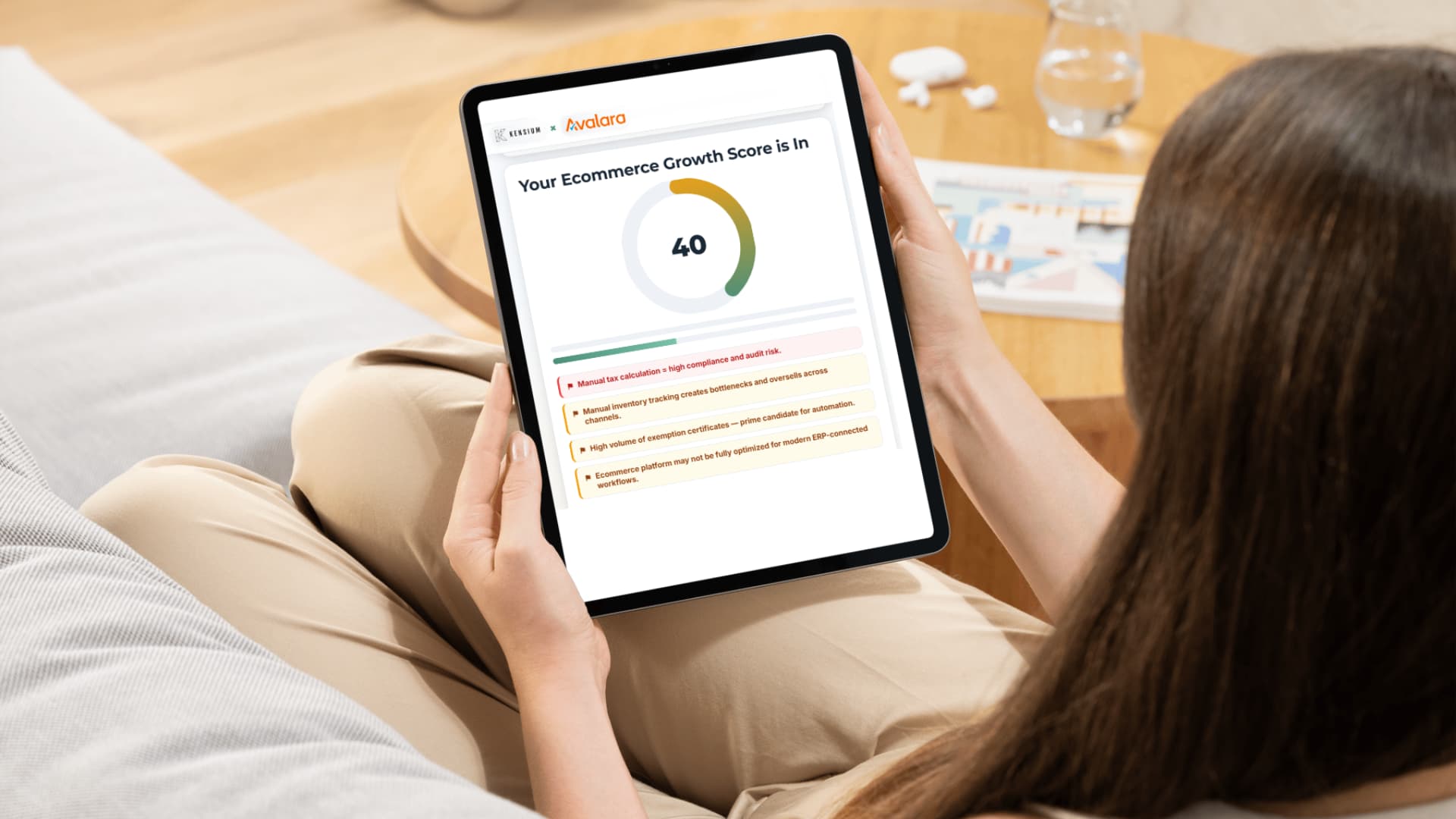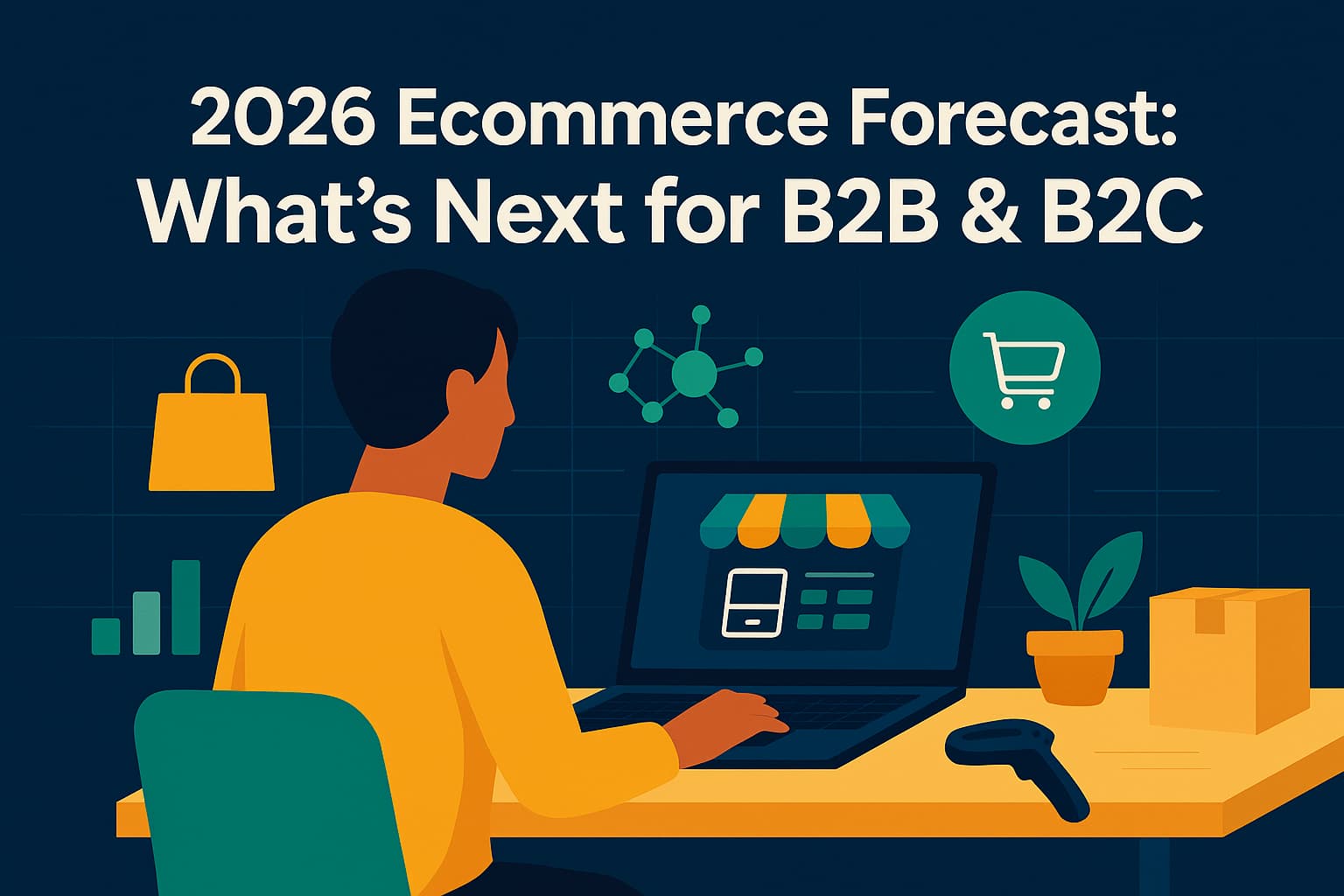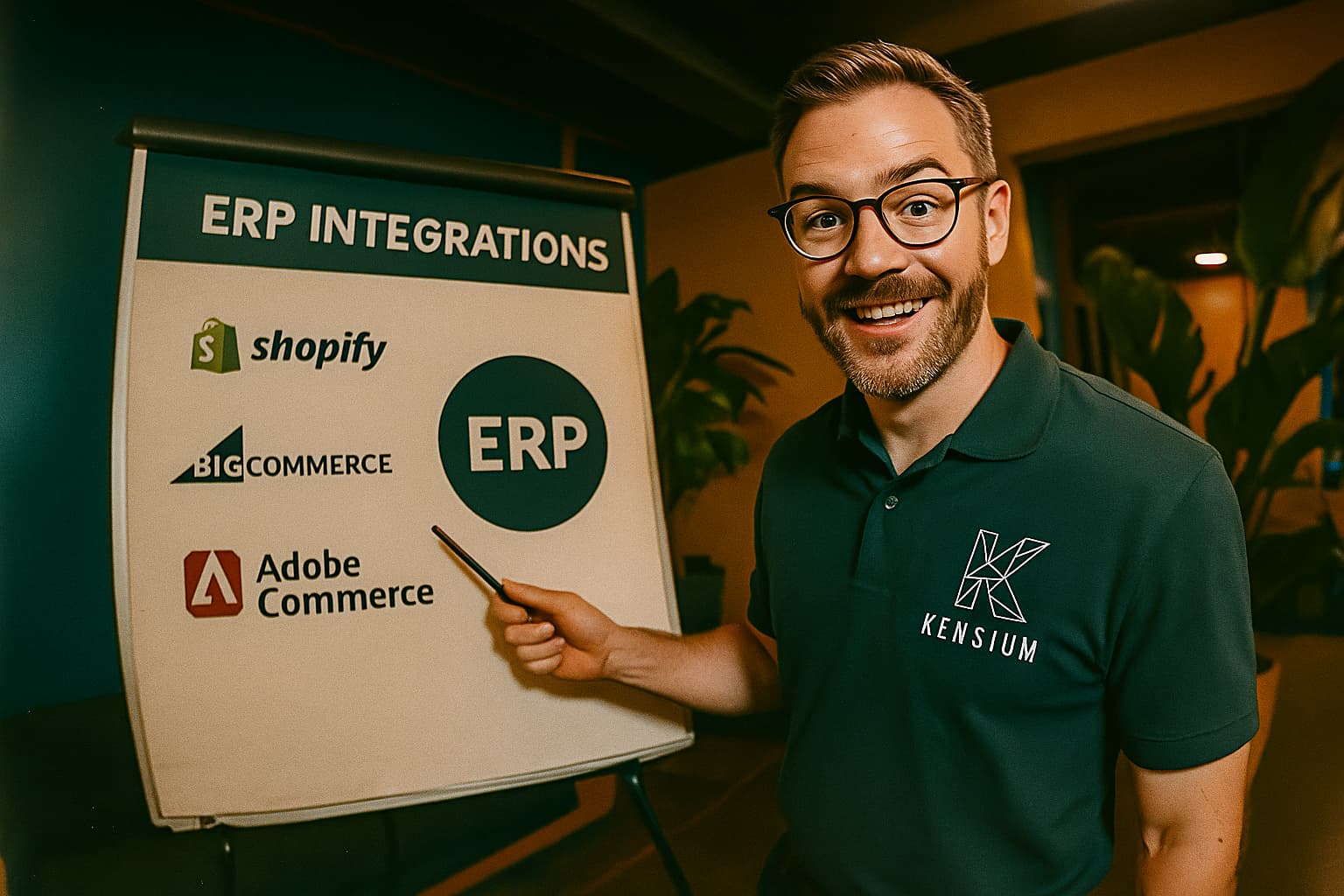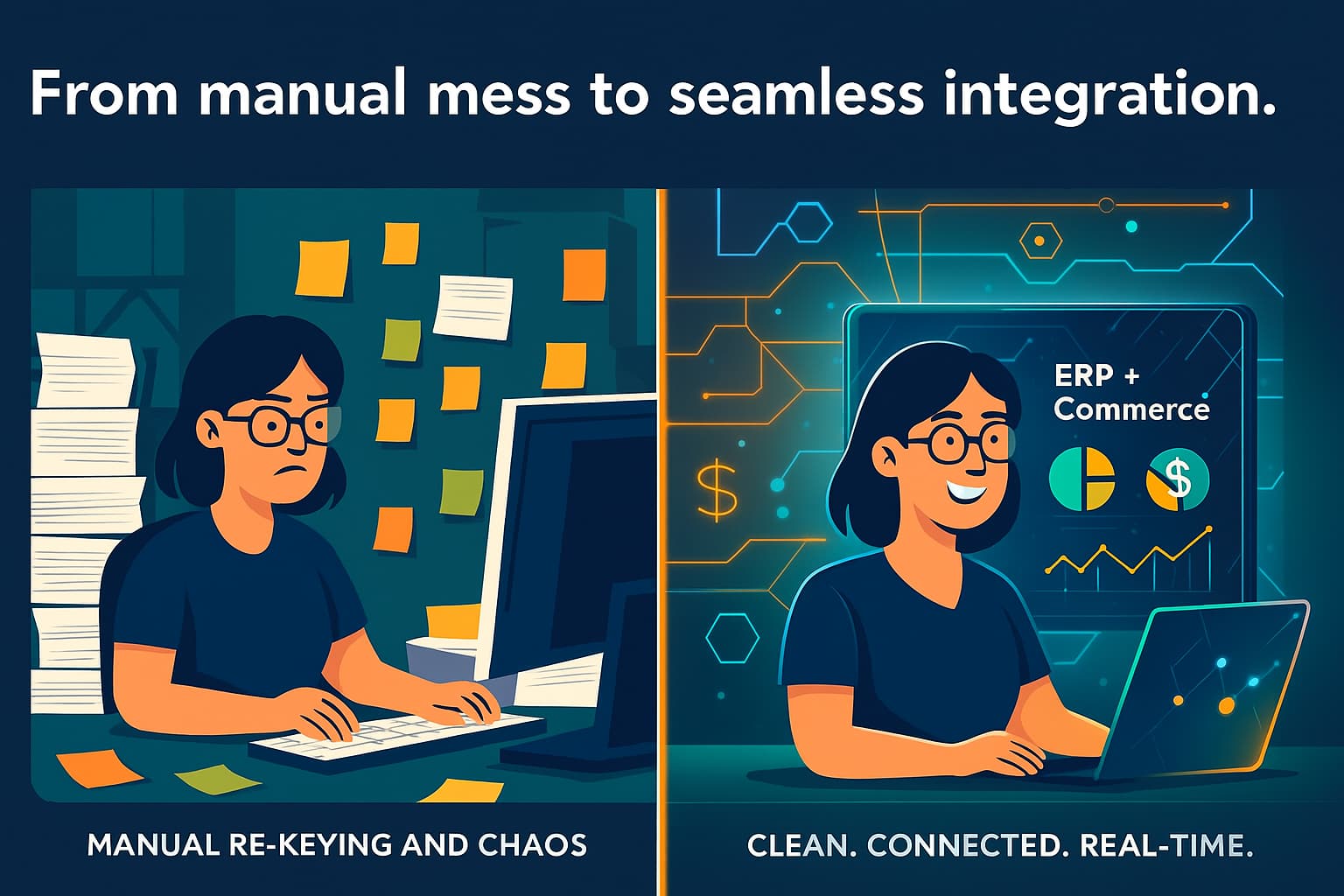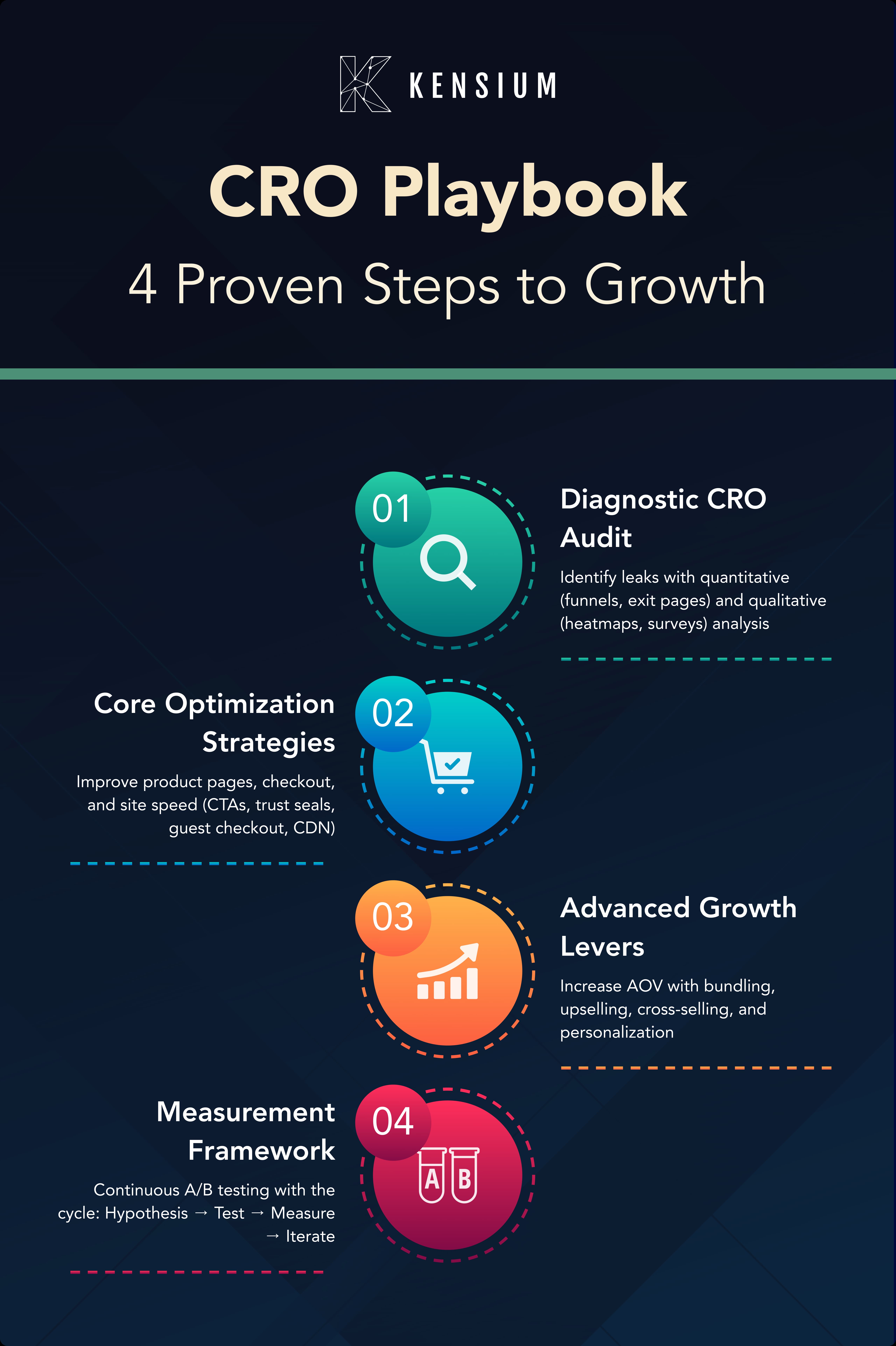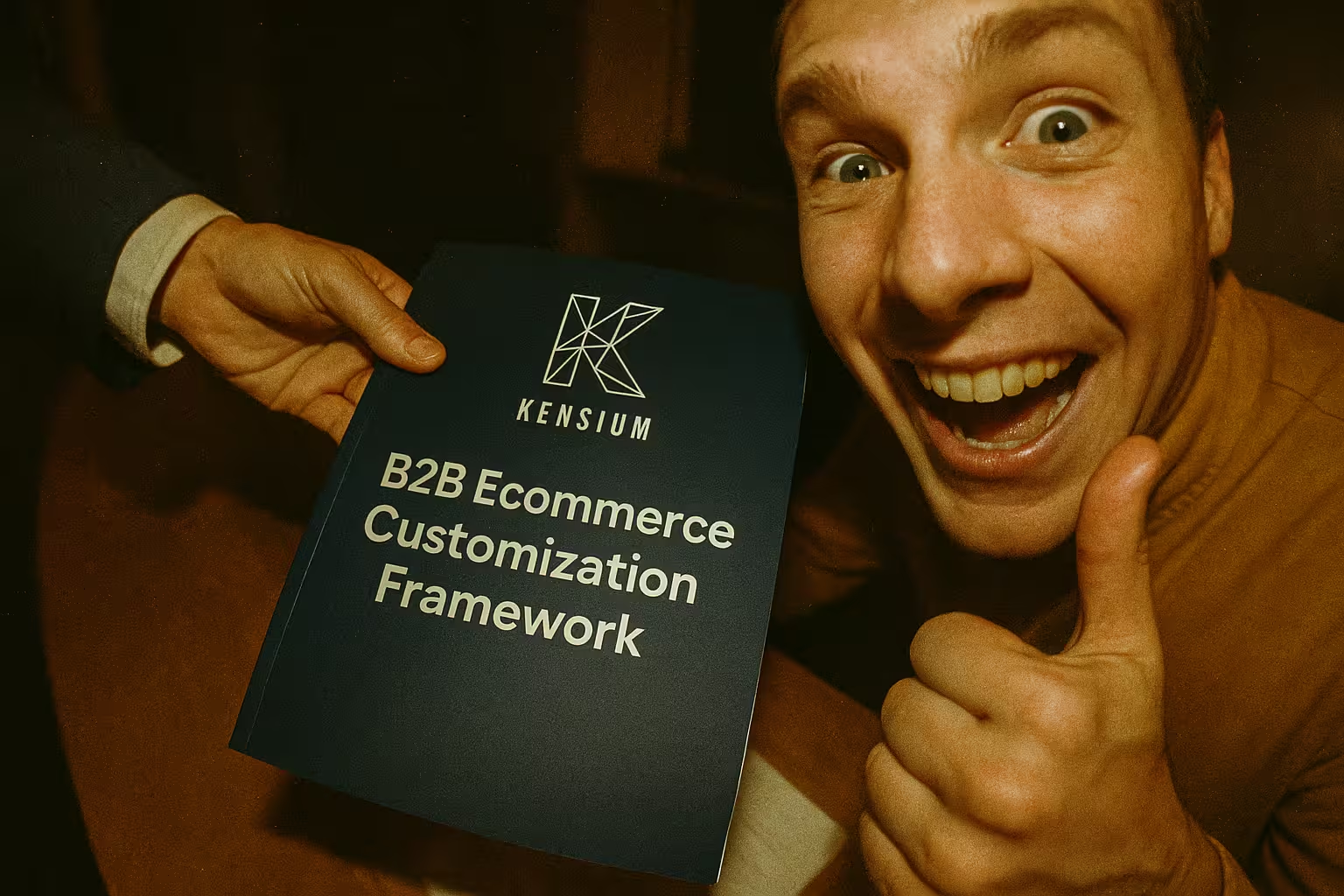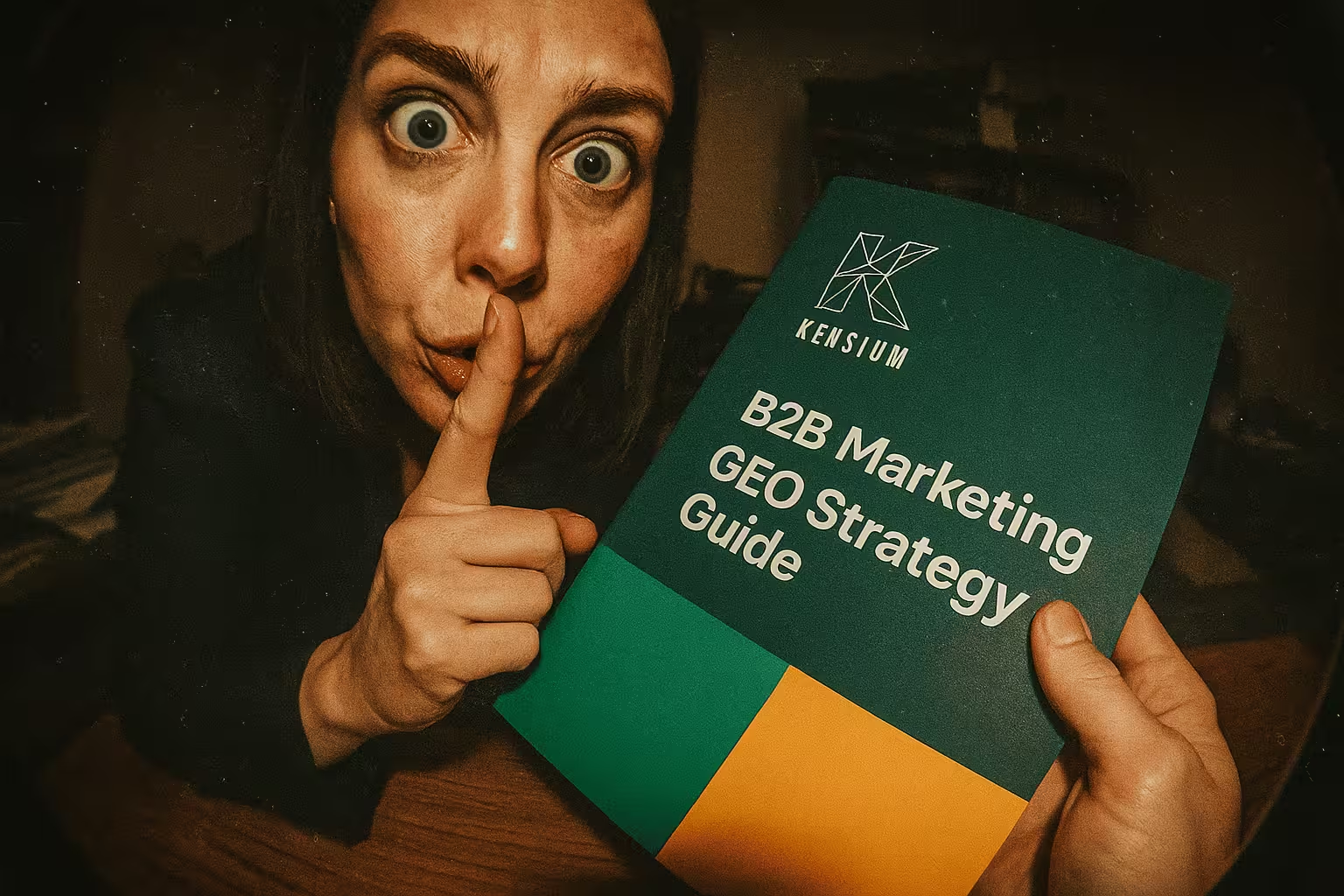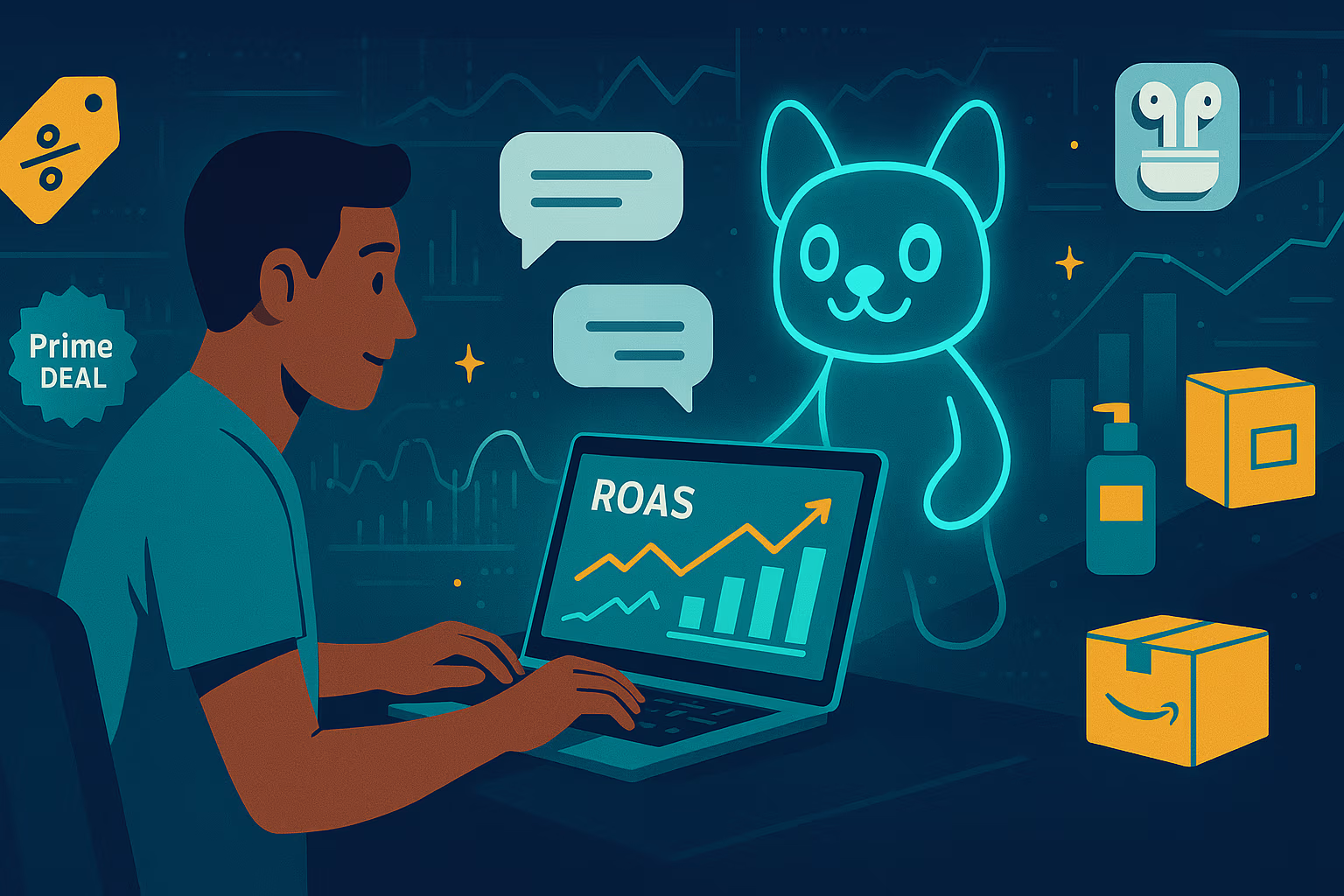
Just like a traditional website implementation, PWA deployment considers your business needs, ideal customer, marketing and sales funnels, and branding. Then, you’ll consult with a team of developers and design experts to create a wireframe and mockup that meets your specifications.
Once the design is approved, the real work begins. We’ve discussed that a PWA works in a browser just like a website, but the development and implementation approach is much different than developing a responsive website or native application.

API-Driven Communication
A PWA is API-driven. This means you need to know that it’s not overloading the API with data for the calls made back to the server, or things will slow down and not provide the experience you want for your customers. One of the most significant considerations is how much data you’re calling and storing. Adobe Commerce PWA Studio is one of the most efficient builders because it starts with a build with the base components necessary to create your PWA. This ensures the proper API calls and data storage to keep your PWA fast and efficient. It also takes less development time because of the PWA base.
Programming Languages
The programming language is always JavaScript for a PWA. Which form is used is unique to the developer and builder developing the PWA. The two main languages are:
React.JS
React.JS allows PWAs to create single and multi-page apps to ensure content loads and changes on a single page. React-powered PWAs have more flexibility and scalability with additional packages. The Virtual DOM allows for quick rendering. Using different JavaScript libraries, the PWA framework enables the creation of API interactions, server-side, and static rendered pages.
VueJS
VueJS is an open-source front-end JavaScript framework distributed under the MIT license. It is driven mainly by the community, making it easy to start. VueJS streamlines the development process because it has routing, high-speed rendering, and simplistic coding features. It also allows you to use additional packages for scaling and flexibility. Vue’s clear and detailed documentation is commended by the developer community. VueJS also enables fast product delivery and offers the capacity for complex and dynamic applications.

Preferred PWA Builders
Kensium’s preferred PWA builders are PWA Studio from Adobe Commerce (Magento) and BigCommerce PWA providers – Diety/Falcon, Jango, and Style. Both are built on the JavaScript framework and provide a fast, scalable, easy-to-edit PWA that fits any ecommerce merchant.
Adobe Commerce PWA Studio
PWA Studio is built on the React.JS system and comes with a core set of storefront events related to various PWA interactions. PWA Studio’s extensibility framework allows developers to inject additional features into existing ones.
For example, Kensium has created a store locator npm package that is installed and works out of the box because the extensibility framework allows us to inject/store-locator route into the application. In addition, we built non-standard payment methods by creating an encapsulated package to add new payment methods to checkout without code changes (authorize.net or PayPal express checkout.
To sum it up, the extensibility framework allows developers to create external extensions that work out of the box without major code changes in the core application.
BigCommerce
The leading PWA builder for BigCommerce is Deity (Falcon PWA), which utilizes the ReactJS and NodeJS systems. These systems offer you a webshop build that’s flexible, reliable, highly engaging, and future-proof. Deity helps you create unique and engaging customer experiences and can boost conversions. You can create multiple front-end applications and serve a broader audience with Deity’s multi-storefront capabilities.
The great thing about Deity is that you build and maintain one application but use it for different channels as a responsive website and a native application. In addition, you improve the user experience with push notifications for any operating system (Android, iOS). Because Deity is built by developers for developers, it is optimized for an easy and familiar developer experience, decreasing the time to market.
Getting Started
As you can see, developing a PWA is similar to creating a native application or responsive website, but it has more flexibility and customization to meet your unique needs. Kensium has the expertise and teams ready to help you leverage PWAs to increase customer engagement, retention, and satisfaction. When customers look for instant gratification, a PWA provides the fastest, most user-friendly experience and is built to convert. Contact us today and learn how Kensium helps you create an engaging experience for your customers.








.png)




